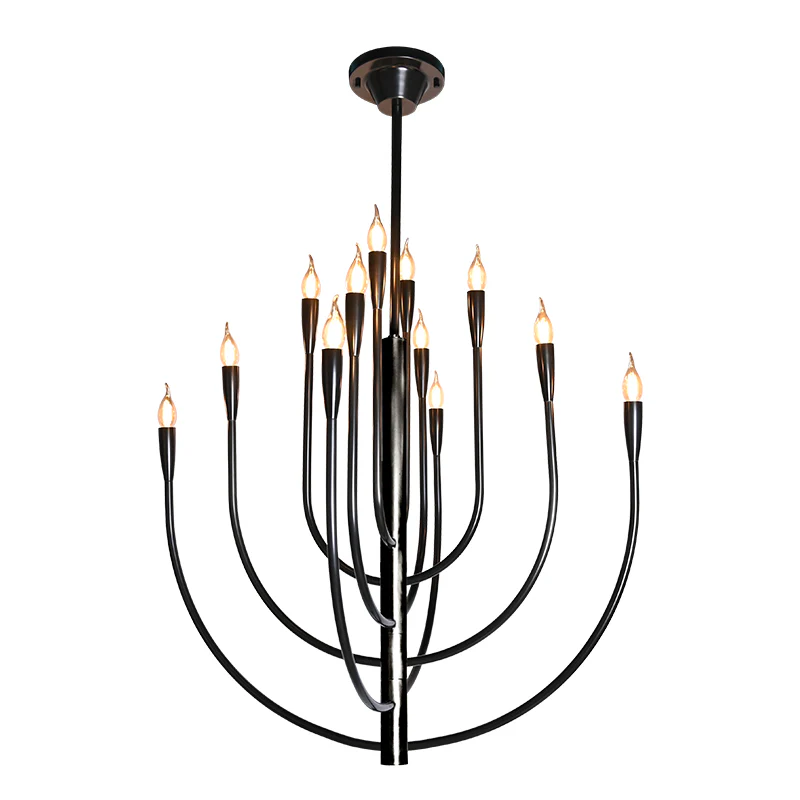Exploring the World of LED Light Lenses: Enhancing Efficiency and Quality
Exploring the World of LED Light Lenses: Enhancing Efficiency and Quality
Introduction to LED Light Lenses
LED technology has revolutionized the lighting industry, providing energy-efficient solutions that offer both longevity and high-quality illumination. One crucial component of LED Lighting systems is the LED Light lens. In this article, we will delve into the various aspects of LED Light lenses, their types, benefits, and applications. We will also address commonly asked questions and provide insights on selecting the right lens for your lighting projects.
What is an LED Light Lens?
An LED Light lens is a transparent cover placed over an LED fixture to enhance the distribution and intensity of light emitted. These lenses are designed to control the direction of light, ensuring it is focused in specific areas or dispersed over a larger area. The right lens can significantly improve the efficiency and appearance of lighting applications.
Types of LED Light Lenses
There are several types of LED Light lenses, each suited for different applications:
| Lens Type | Description |
| Convex Lens | Used for focusing light, suitable for spotlight applications. |
| Concave Lens | Spreads the light over a larger area, ideal for ambient lighting. |
| Aspheric Lens | Offers corrections for spherical aberration, improving light focus. |
| Fresnel Lens | Thin and lightweight, great for large surface applications. |
| Diffuser Lens | Softens the light and prevents glare, popular in office and residential lighting. |
Benefits of Using LED Light Lenses
Integrating LED Light lenses in your lighting design can yield numerous benefits, including:
- Improved Light Quality: Lenses enhance the color accuracy and brightness of light.
- Energy Efficiency: Proper lens selection can reduce wasted energy by focusing light where it's needed.
- Extended Lifespan: Protecting LED chips from dust and moisture prolongs their lifespan.
- Design Flexibility: Various shapes and materials allow for creative and functional lighting designs.
Applications of LED Light Lenses
LED Light lenses are versatile and used in various settings, including:
- Residential Lighting: Enhancing ambiance in homes with lamps and recessed lighting.
- Commercial Lighting: Providing focused lighting for retail displays and workspaces.
- Outdoor lighting: Improving visibility in streetlights and landscape illumination.
- Automotive Lighting: Ensuring brighter headlights and precise tail lights.

Choosing the Right LED Light Lens
Selecting the appropriate LED Light lens involves considering several factors:
- Application Requirements: Determine the lighting needs, whether for focused tasks or general illumination.
- Lens Material: Choose between polycarbonate, PMMA, or glass based on durability and light transmission.
- Beam Angle: A narrow beam angle is suitable for spot illumination, while a wider angle serves ambient lighting.
- Color Temperature: Ensure the lens works well with the intended light color, whether warm or cool.
Common Questions About LED Light Lenses
1. How does a lens affect energy consumption?
A properly chosen lens directs light efficiently, reducing the need for additional fixtures and overall energy consumption. By minimizing wasted light, lenses can help lower electricity bills.
2. Can I use any lens with any LED?
No, it's essential to match the lens with the specific type of LED and its application. A lens designed for high-power LEDs might not be effective for low-power applications.
3. How do I install an LED Light lens?
Installation varies by design, but most lenses can be attached easily with appropriate mounting hardware or adhesives. Always refer to the manufacturer’s guidelines for specific instructions.
Conclusion
In conclusion, LED Light lenses play a vital role in maximizing the performance and efficiency of LED Lighting systems. Whether you are enhancing your home's lighting, improving visibility in commercial spaces, or designing Outdoor lighting, selecting the proper lens can lead to significant improvements. Pay attention to application requirements, lens material, and energy efficiency to make informed decisions. As advancements in lens technology continue to improve, embracing these innovations can lead to even greater energy savings and lighting quality in the future.
Final Thoughts
If you're considering upgrading your lighting solutions, don't overlook the impact that a quality LED Light lens can have. Always consult with lighting professionals or suppliers for recommendations tailored to your specific needs. By making knowledgeable choices, you can illuminate your spaces effectively while conserving energy and enhancing aesthetic appeal.
